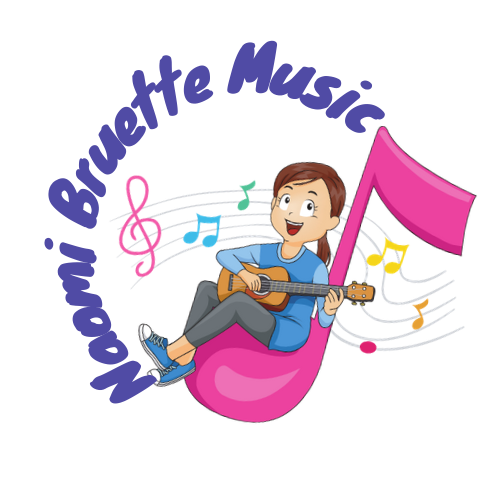
What Is My Role As A Parent In My Child’s Music Lessons? (How to set your child up for success with these 5 tips)
Five things you can do right now to help your child be successful:
1. Show interest in music & what your child is doing.
Show personal interest by sitting in on their lessons and taking notes. (This has an added advantage because you will know what the teacher told them to practice) Your kids take their cues from you. If you appear bored with what they are doing they will soon lose interest as well.
2. Practice with them!
Practice time does not mean “Go sit down and practice now!” What it really means, is that you need to sit down with them and help them set achievable weekly goals. Goal setting: Sit down with them and go through their lesson notes with them. Help them define clear goals for the week that they should work on. Then help them break these goals up into individual practice session goals that your child can achieve each practice. Make a commitment to sit with them during their first practice of the week.
3. Have your child teach you what they are learning in lessons!
Kids love to show their parents something that they know that mom or dad doesn’t! Plus, we always learn more when we can teach others something new.
4. Create a music friendly environment.
Don’t put your kids in the attic or basement to practice! If you truly want your child to be sucessful with music make music part of the family environment and have your child practice where you can hear them. Setting up a practice station can greatly affect the amount of time your child wants to spend there. Make sure you have a pencil, paper, the books, and the instrument all together. You may also need to invest in a sturdy music stand to help facilitate practice.
5. Clear your schedule before you start.
Success will happen if you give it time. Make sure you clear both yours and your child’s schedule before you commit to taking lessons. It’s so easy to juggle things around and make to many time commitments. Then we get overbooked and overloaded with all the things we need to do. But if you don’t make lessons, and practice time, a priority you are going to be wasting your money. Make sure that your child has the time in their schedule to devote at least 20-30 minutes to music everyday.


